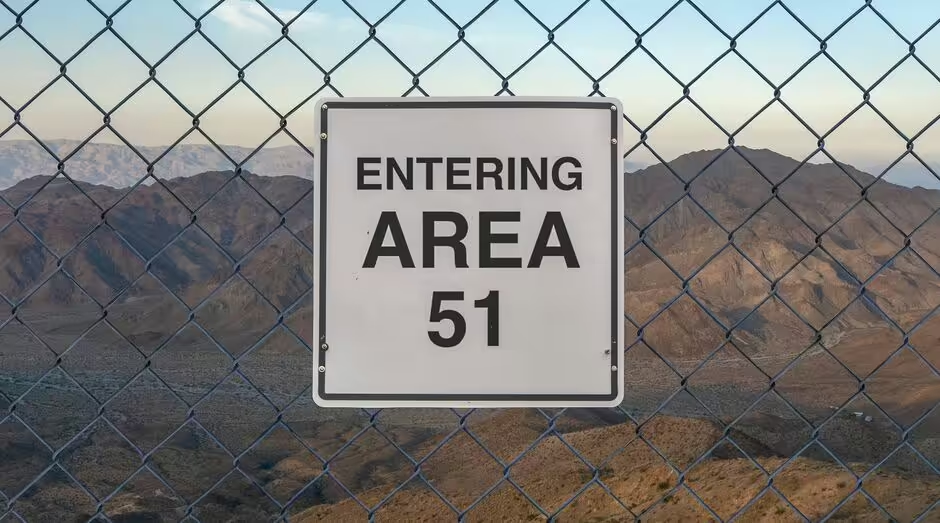Accidents are an unfortunate reality of life, occurring in various settings such as workplaces, roads, and public spaces. While some accidents may seem minor and inconsequential, it is crucial to understand the importance of reporting, investigating, and recording all accidents, irrespective of their scale.
This triad serves as the cornerstone of accountability and safety in our society. It’s not just a bureaucratic formality; it’s a vital step toward understanding, prevention, and justice.
This article aims to shed light on the most important reasons why this process is vital, providing actionable insights and valuable information for individuals, organizations, and authorities.

Accidents should be reported investigated and recorded
The Importance of Reporting, Investigating, and Recording Accidents
Accidents can have far-reaching consequences not only for individuals directly involved but also for the wider community and stakeholders. Accurate accident reporting provides a clear picture of an organization or community’s safety landscape.
By documenting all incidents, whether it is a slip and fall at work or a car accident on the road, patterns and trends can emerge, highlighting areas where safety protocols and procedures should be improved.
There are several crucial reasons why all accidents should be reported, investigated, and recorded:
1. Prevention of Future Incidents
The reporting and investigation of accidents provide an opportunity to identify the root causes. If we understand why an accident occurred, preventive measures can be taken to reduce the likelihood of similar incidents in the future. To create a safe environment, whether in the workplace, public space, or on the road, this proactive approach is essential.
2. Legal Compliance and Liability
In many jurisdictions, there is a legal obligation to report accidents, in particular in workplaces and public areas. Failure to report accidents may lead to legal consequences and liabilities for individuals and organizations. By documenting accidents, entities can demonstrate that they are committed to complying with regulations and their responsibility for the safety of their stakeholders.
3. Improvement of Safety Protocols
Accidents often reveal gaps or flaws in existing safety protocols and procedures. These flaws can be identified and addressed through a thorough investigation and documentation, leading to an overall improvement in safety standards. To create a safe and risk-aware environment, safety protocols must be continuously improved.
4. Insurance and Compensation Claims
Accurate reporting and recording of accidents are essential for insurance and compensation purposes. Regardless of whether it concerns workplace injury claims or road traffic accidents, a detailed record of the accident is indispensable for the fair and effective resolution of insurance and compensation claims. It ensures that individuals receive the support they need following an accident.
The Broader Impact: A Safer Tomorrow
Embracing a proper reporting, investigation, and recording system creates a workplace environment characterized by transparency and responsibility. As this culture is embedded, it affects policy development at different levels, resulting in the introduction of more stringent safety rules aimed at protecting the well-being of workers and the wider community.
Here are the key insights:
-
Cultural Shifts
The consistent practice of reporting, investigating, and recording accidents fosters a culture of transparency and responsibility.
-
Policy Evolution
Over time, this culture influences policy at all levels, leading to stricter safety regulations and better protection for workers and the public.
The Role of Personal Injury Law Firms

When individuals are involved in accidents, especially those resulting in personal injuries, seeking legal guidance can be vital. Reputable New Jersey personal injury law firms, such as the Rosengard Law Group, can provide essential support and representation for individuals to deal with the complexities of personal injury claims. They offer expertise in assessing the circumstances of the accident, understanding the legal options, and advocating for the rights and entitlements of the injured party.
You can arrange a complimentary consultation with a skilled New Jersey personal injury lawyer by dialing 856-284-6446. During this session, the attorney will thoroughly review your case and offer suitable guidance on the optimal legal steps to pursue.
FAQs
Are there specific industries where accident reporting is especially critical?
Yes, certain industries, such as construction, manufacturing, and transportation, have inherently higher risks of accidents. In these industries, the reporting, investigation, and recording of accidents are especially critical due to the potential for severe injuries and the complex machinery and processes involved.
What should individuals do if they witness an accident?
If you witness an accident, it is crucial to report it to the relevant authorities or personnel immediately. Providing accurate and timely information can significantly contribute to the thorough investigation and documentation of the incident, ultimately aiding in the prevention of future accidents.
How can organizations encourage a culture of proactive accident reporting?
Organizations can foster a culture of proactive accident reporting by prioritizing transparency, providing clear reporting protocols, offering support to individuals involved in accidents, and emphasizing the collective responsibility for safety. Encouraging open communication and learning from near-misses also contributes to creating a safety-conscious environment.
Conclusion
In conclusion, the reporting, investigation, and recording of accidents are fundamental for various reasons, including preventing future incidents, ensuring legal compliance, improving safety protocols, and facilitating insurance and compensation claims. Whether in the workplace, on the roads, or in public spaces, a proactive approach to accident management is essential for creating safe and secure environments. By understanding the significance of this process, individuals and organizations can actively contribute to the prevention of accidents and the well-being of their communities.






